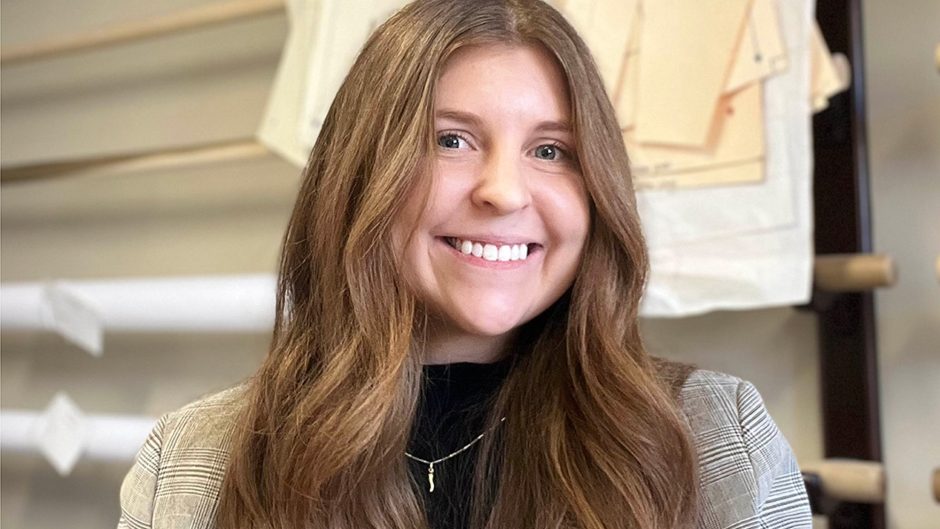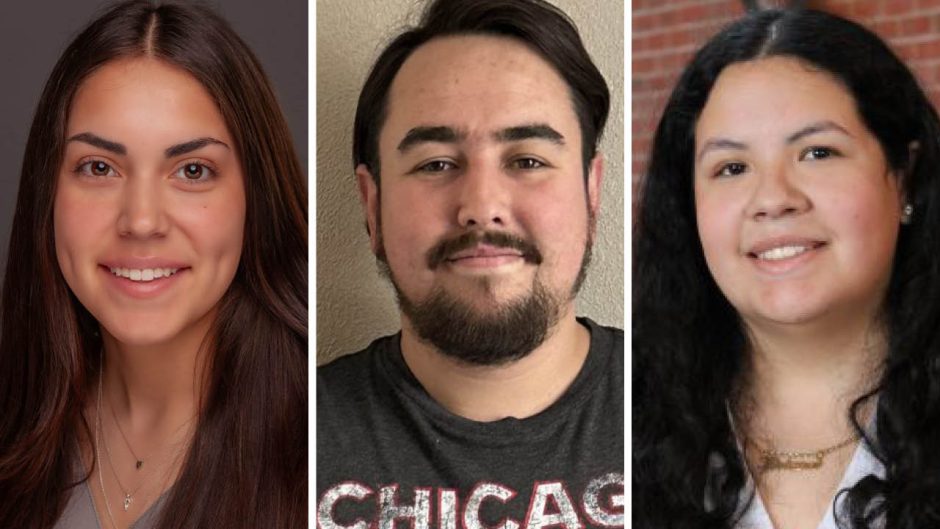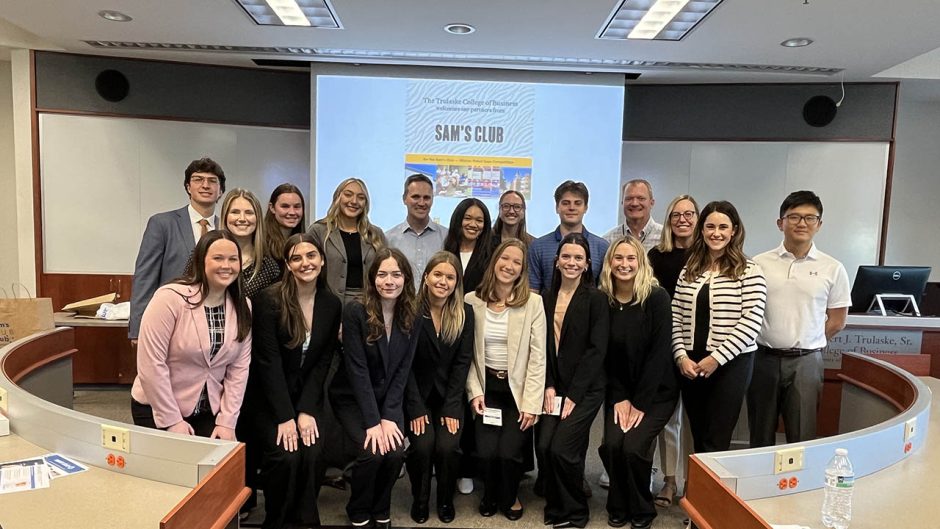January 19, 2021
Contact: Sara Diedrich, 573-8823243, diedrichs@missouri.edu

Antoinette Landor, an associate professor and Millsap Professor of Diversity and Multicultural Studies in the Department of Human Development and Family Science at MU.
Antoinette Landor believes that mentoring in college has the power to change a student’s world view and life trajectory. It happened to her.
“It showed me a world I wouldn’t have seen had I not had those mentoring relationships,” said Landor, an associate professor and Millsap Professor of Diversity and Multicultural Studies in the Department of Human Development and Family Science at the University of Missouri. She also is co-founder and director of the Center for Body Image Research and Policy.
Landor, who arrived at Mizzou six years ago, always knew mentoring students would be a part of who she would be as a professor. It’s become her life’s passion.
“Mentoring is the work that speaks to my soul,” said Landor, whose department is in the College of Human Environmental Sciences. “It’s almost like a second language to me.”
Landor’s dedication to students has been recognized several times over the years, most recently being named a 2020 Outstanding Undergraduate Research Mentor of the Year at MU and a 2020 National Undergraduate Research Mentor by the Board on Human Sciences of the Association of Public and Land-grant Universities. She has mentored more than two dozen undergraduates at MU, many of them McNair Scholars.
“In the years that I’ve been here, I’ve met so many students who are smart, creative and driven,” Landor said. “However, they often need a mentor to provide guidance to help them create a vision to reach their dreams. Mentoring is critical to students, especially African American students, who often lack the networking experience and a system of support.”
As a Black professor on campus, Landor has taken it upon herself to be a mentor and a role model to underrepresented students.
“That is how it is,” she said.
For Asantewaa Darkwa, representation was everything when she first met Landor in 2014. Darkwa was a senior at MU, and Landor was her first Black professor.
“I was automatically drawn to her,” said Darkwa, who applied and was accepted into Landor’s lab.
The relationship with Landor was life-changing for the young woman who grew up in Chicago. Darkwa had never considered applying to graduate school until Landor planted the idea and provided the guidance.
“Seeing a Black woman professor and seeing her run a research lab inspired me to do the same thing,” she said. “I decided: ‘I want to be like her when I grow up.’”
Today, Darkwa is finishing her doctorate in sociology at Georgia State University, where she is a Southern Regional Education Board Scholar and teaches undergraduates.
“I want to be that professor who students remember,” Darkwa said. “I want to have an impact on my students like Dr. Landor had on me.”
Naya Sutton, a former MU McNair Scholar, said Landor took her under her wing academically in 2018 when she was struggling with how to move forward with her psychology and sociology majors. Eventually, she joined Landor’s lab and then with her mentor’s encouragement, applied for graduate school. These days, Sutton is finishing up her doctorate in human development and family studies at the University of Illinois Urbana-Champaign.
“She taught me the importance of my perspective and of my voice, and I carry that with me on a daily basis,” Sutton said. “I really owe where I am now to Dr. Landor.”
Landor says mentoring provides students with a sense of belonging.
“It’s that sense of belonging that plays into retention and success,” she said. “I’ve seen it in my lab where students feel they can do it and that they belong. They feel encouraged and motivated to go to graduate school. That it’s not something other students do; it’s something they can do, too.”




